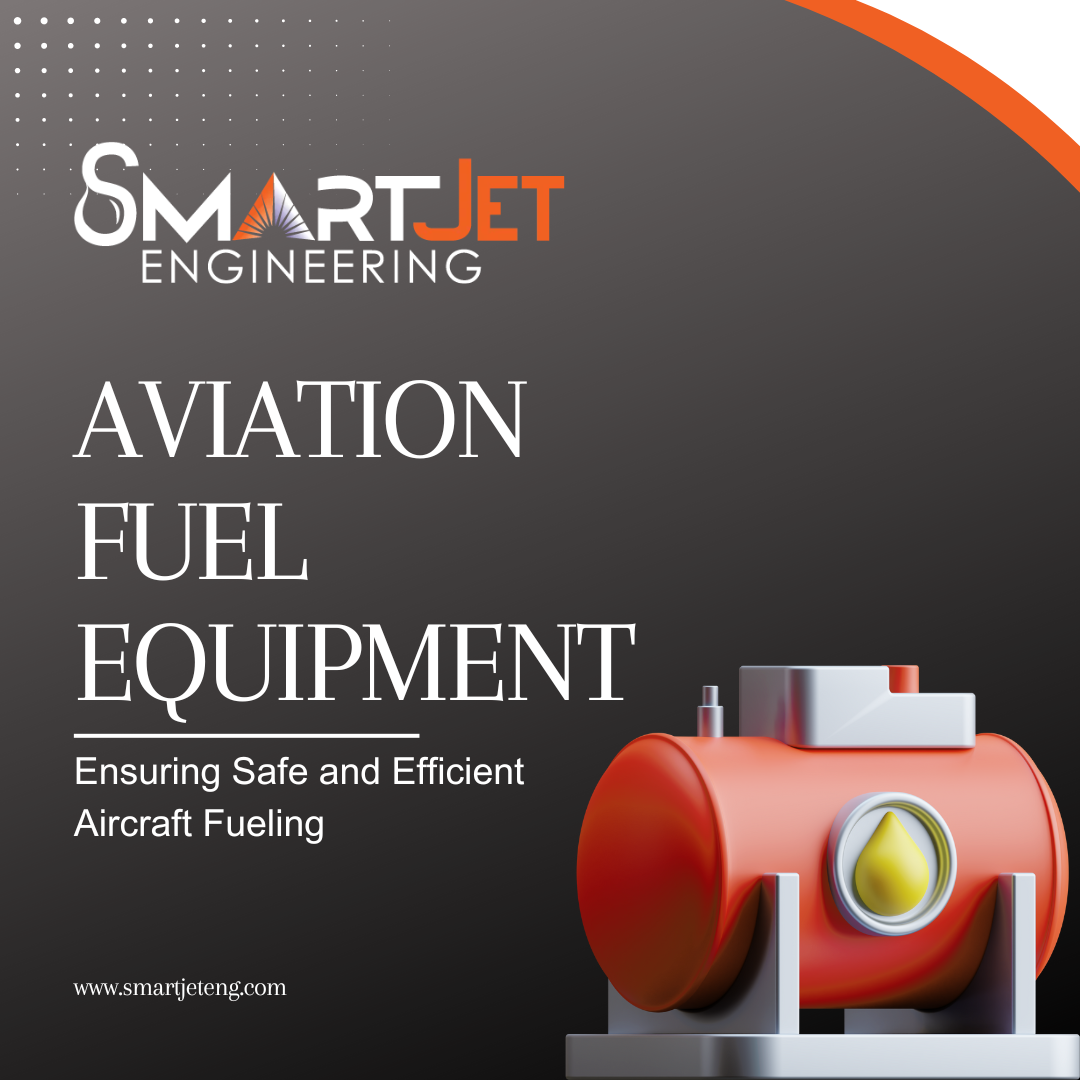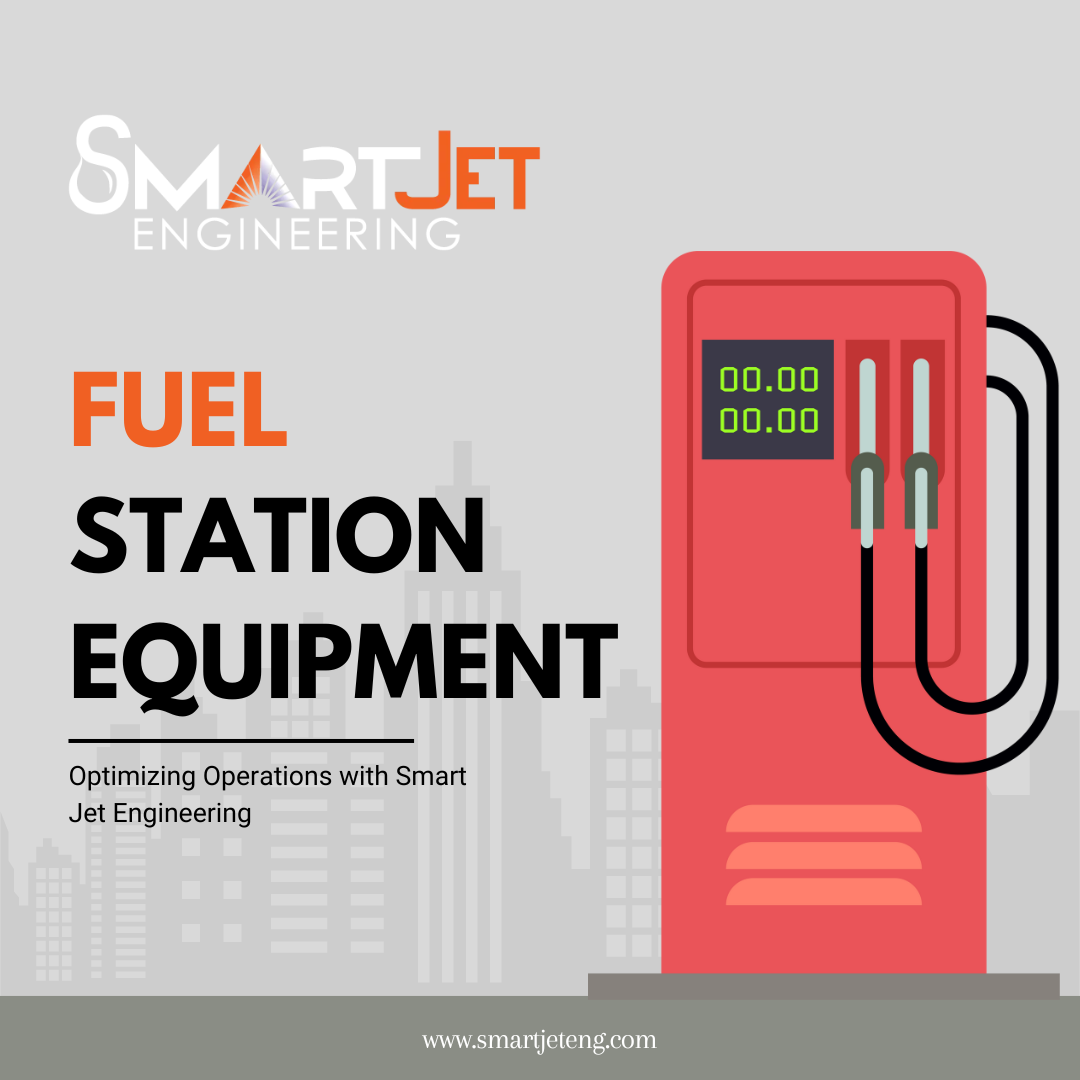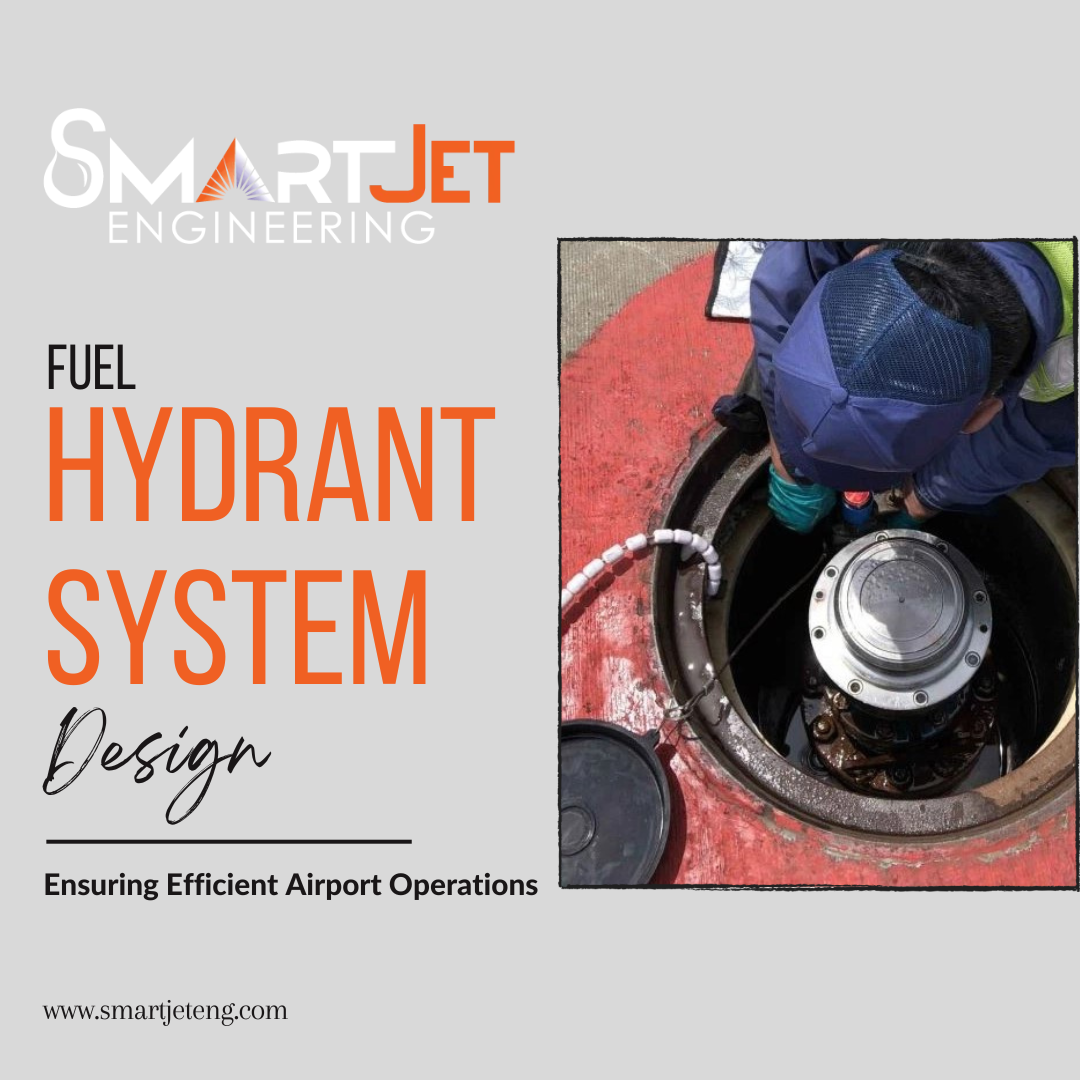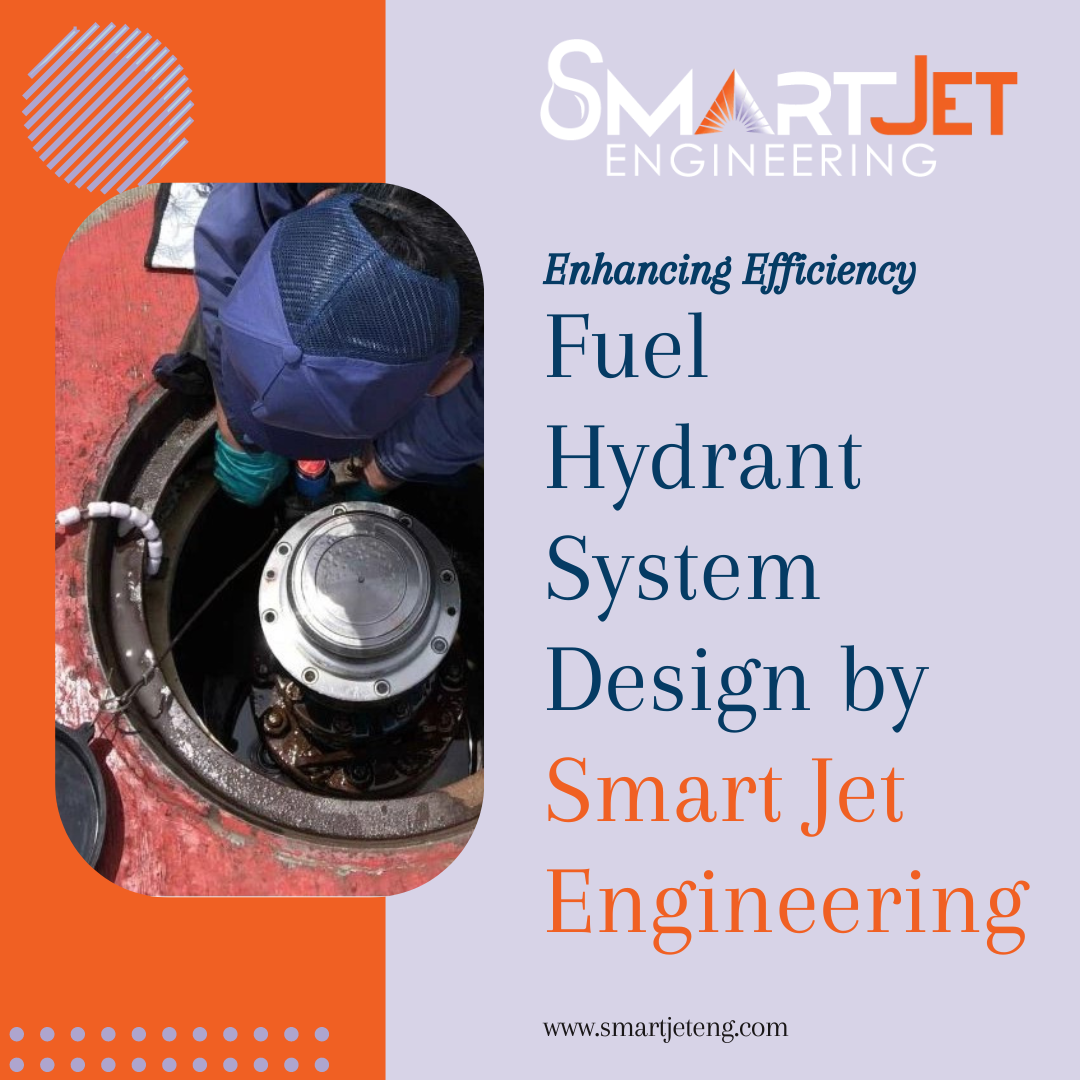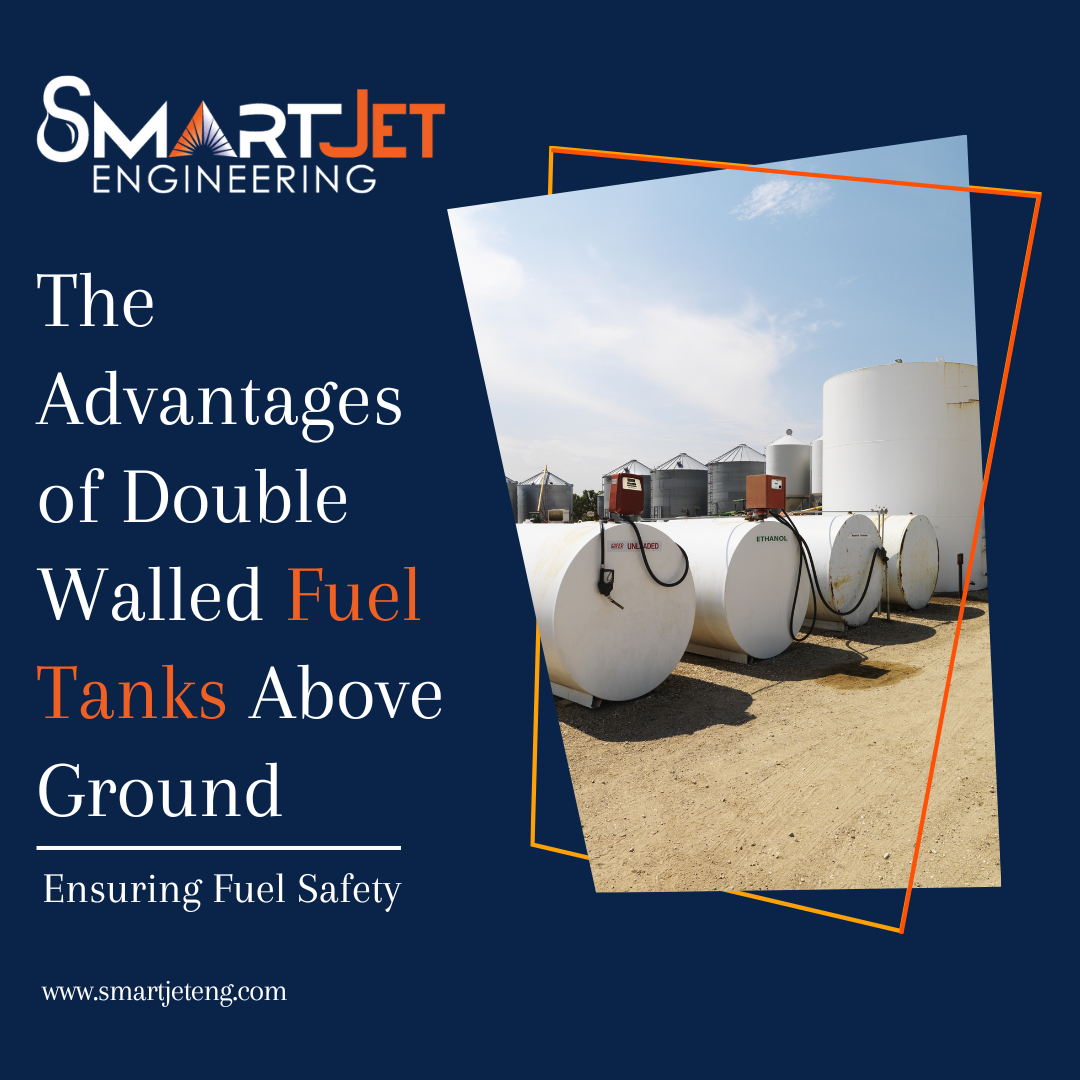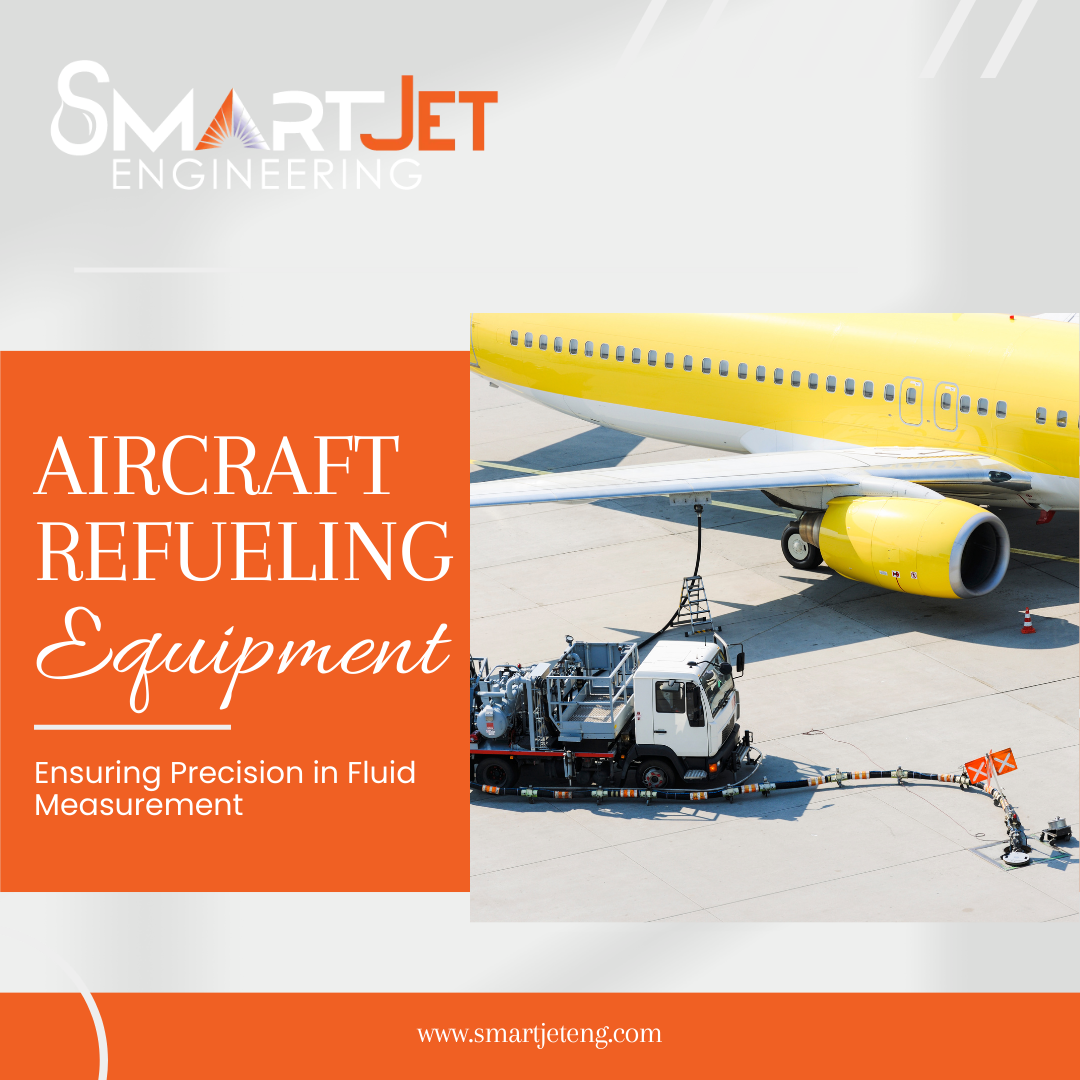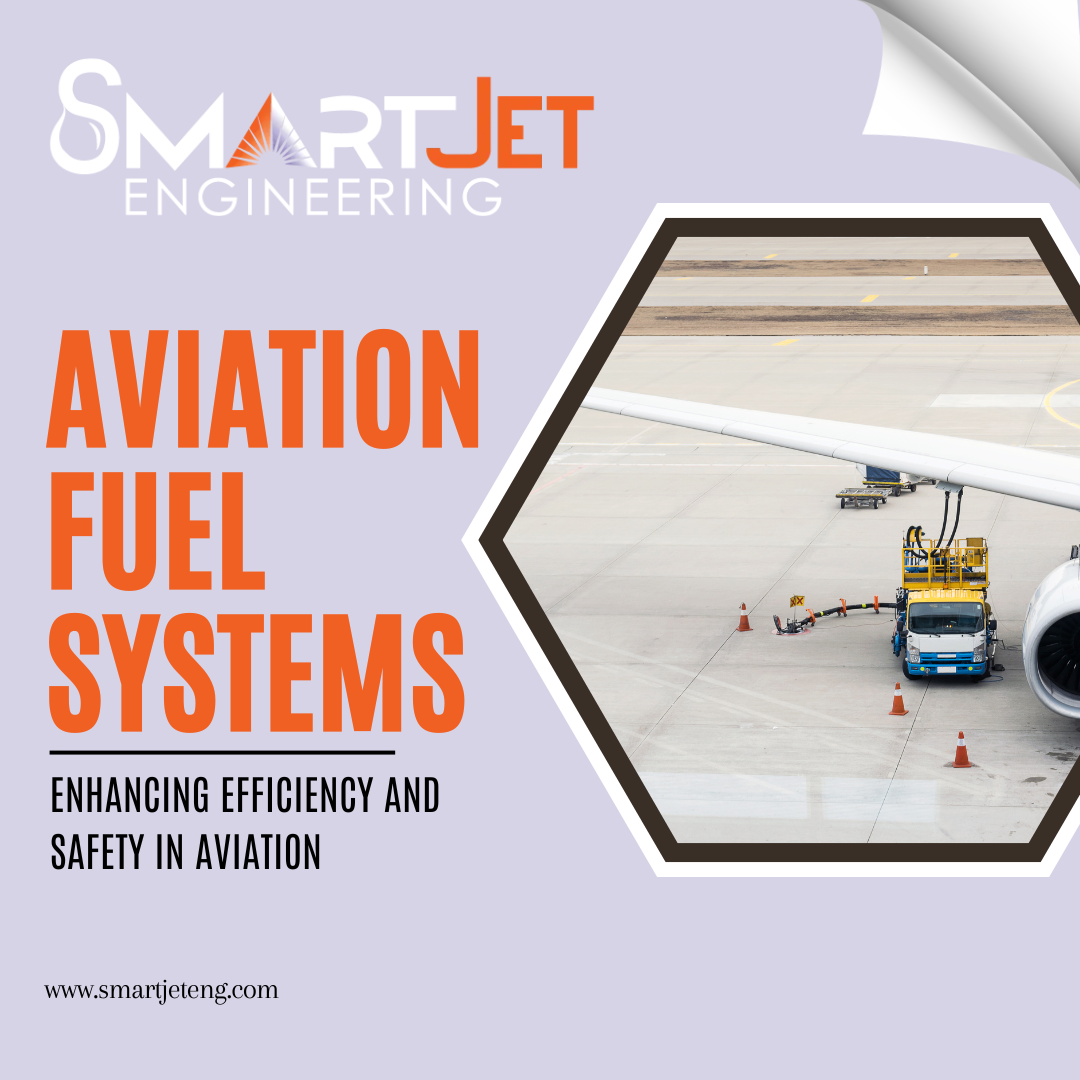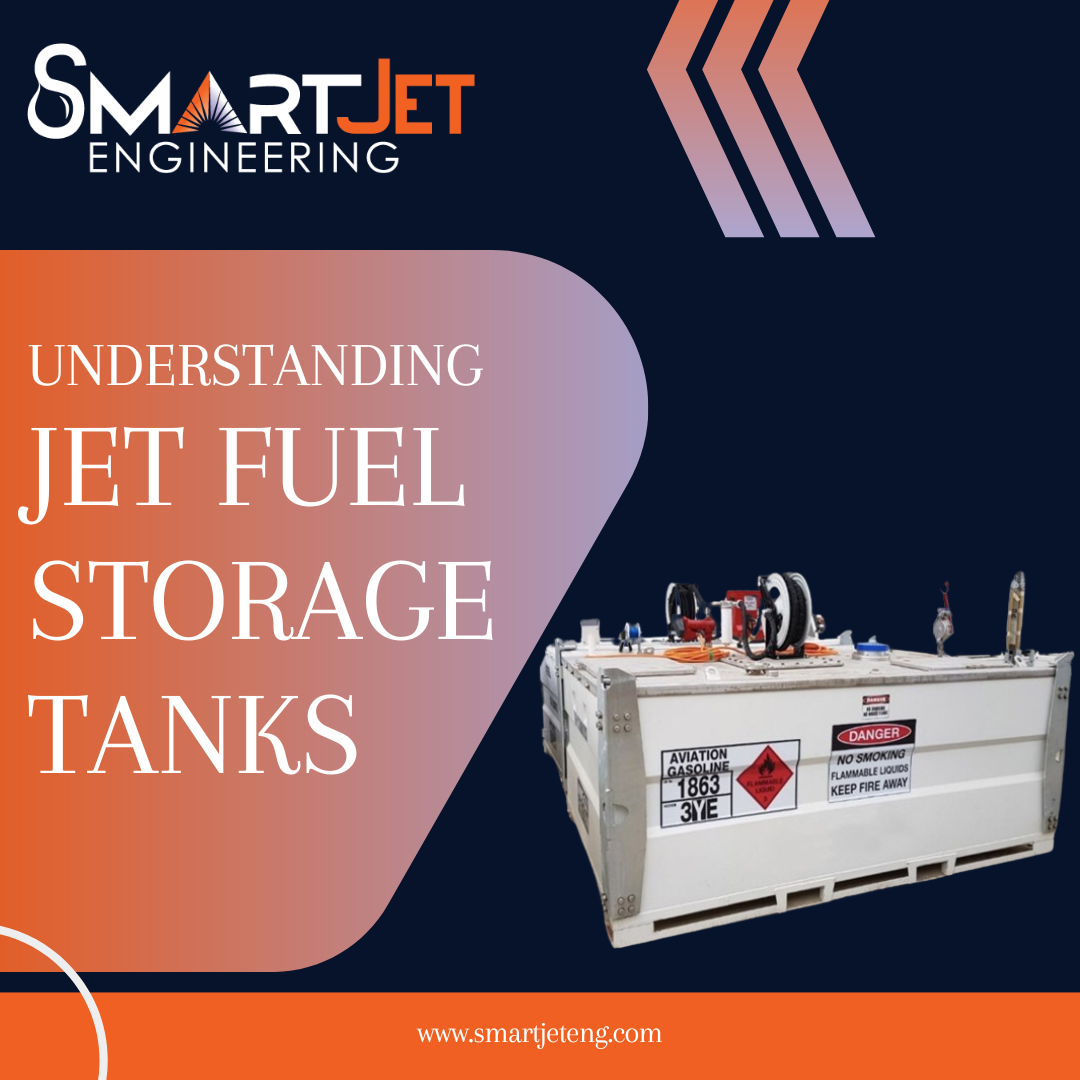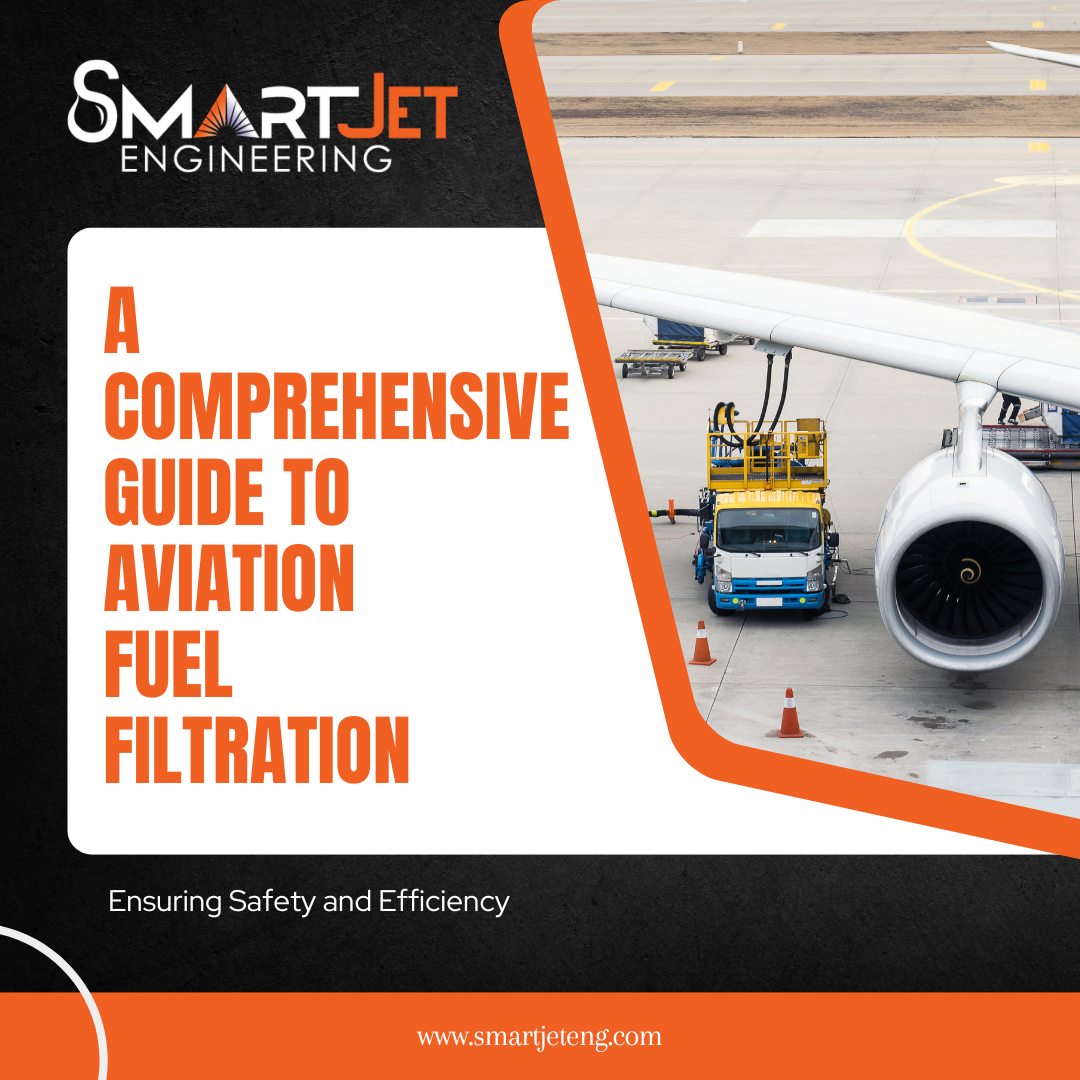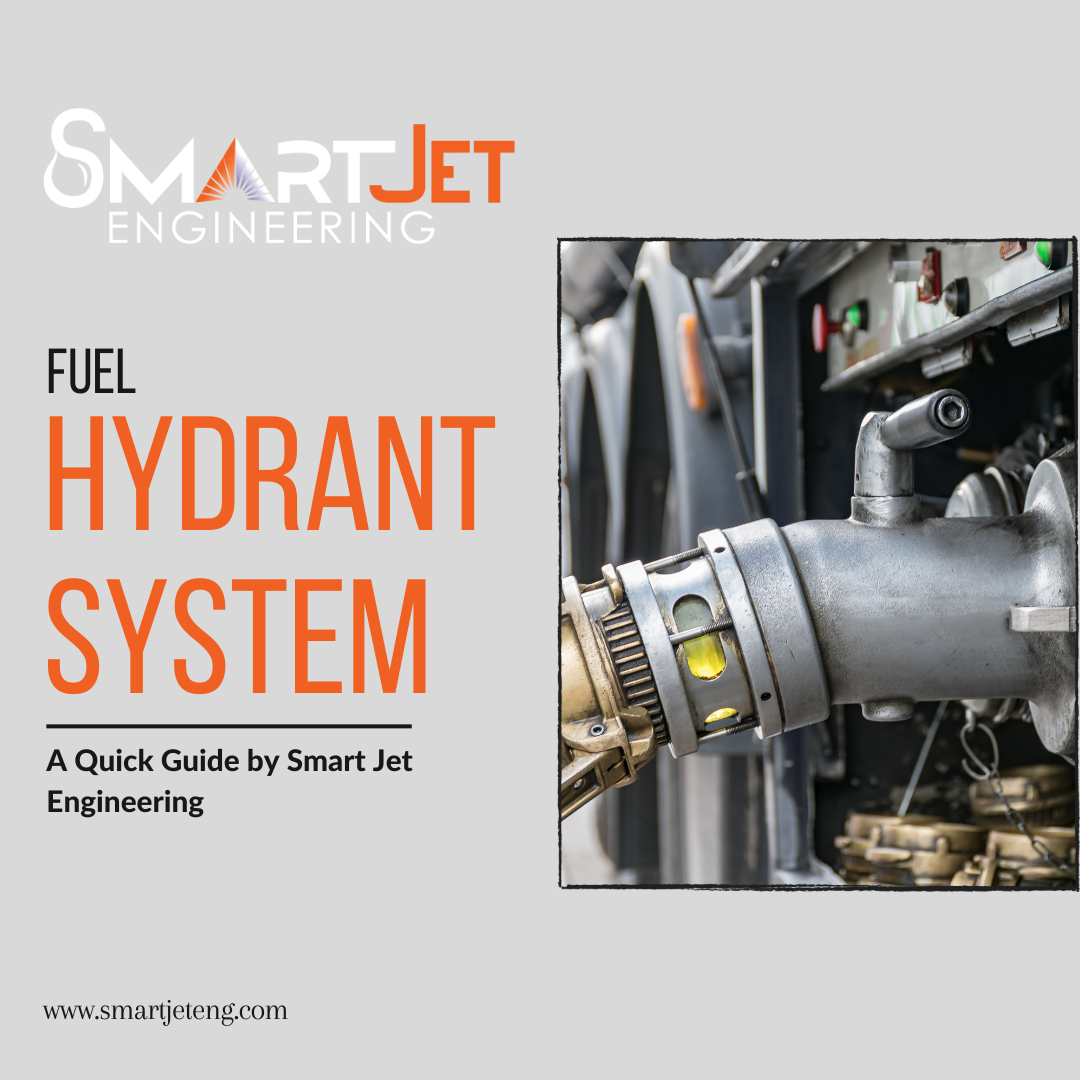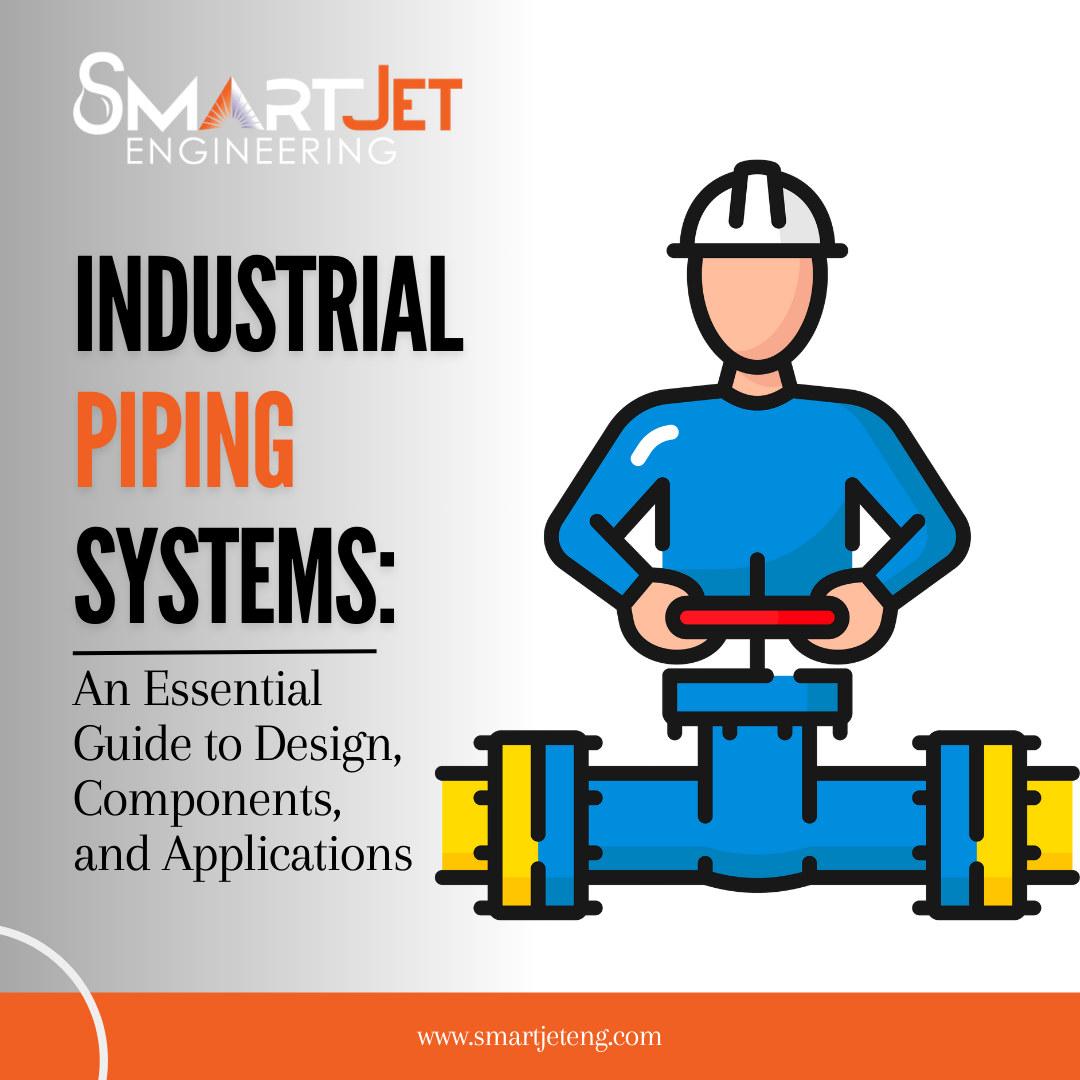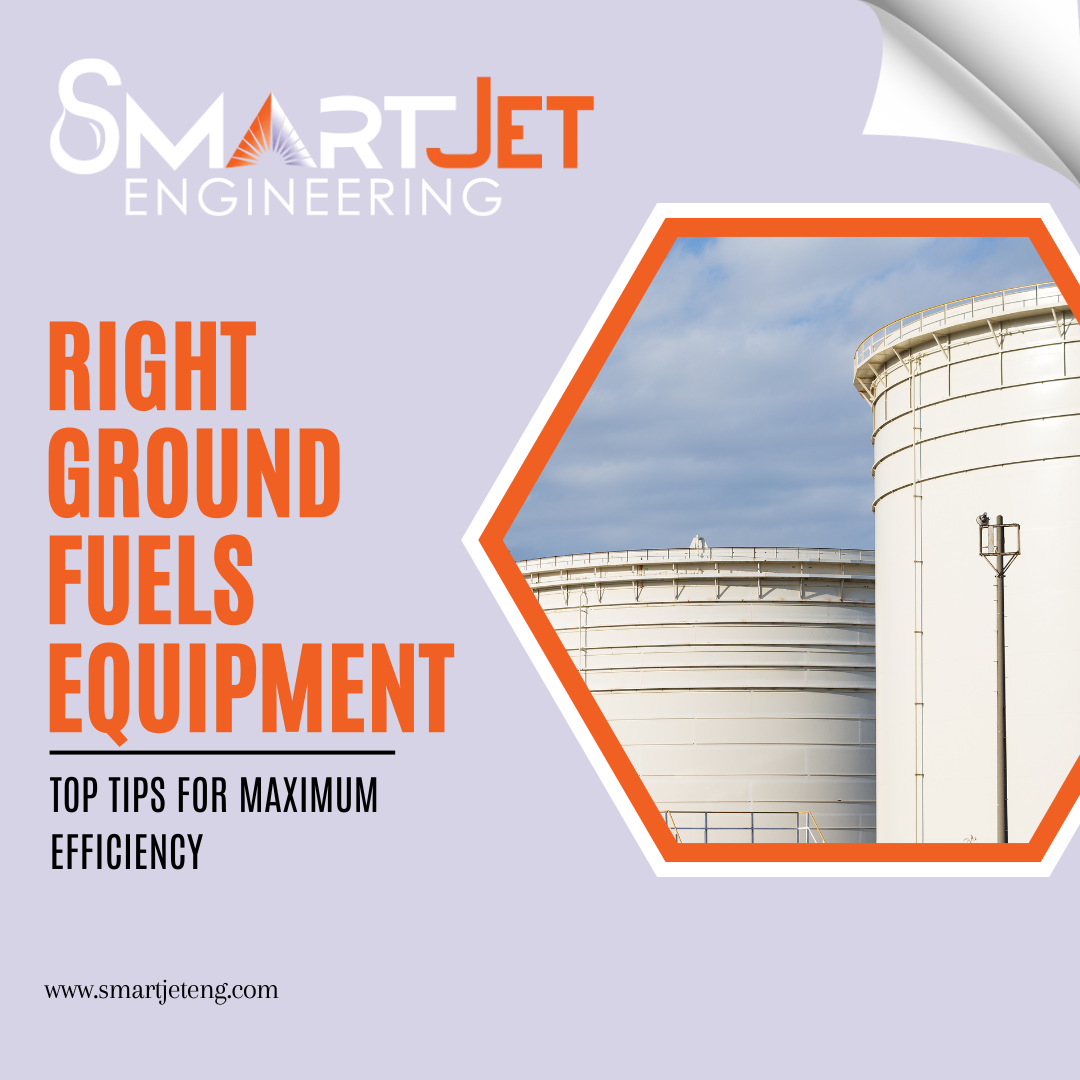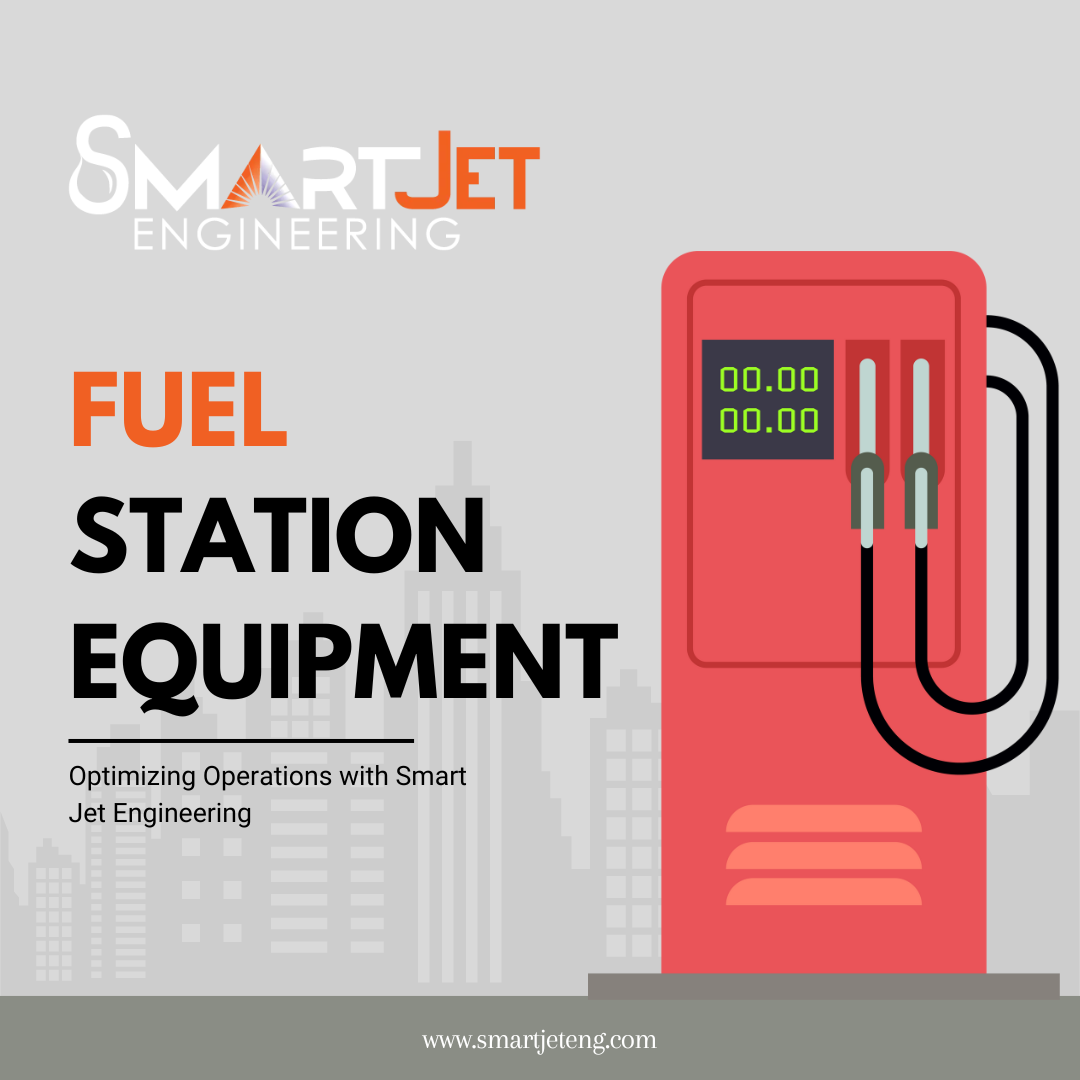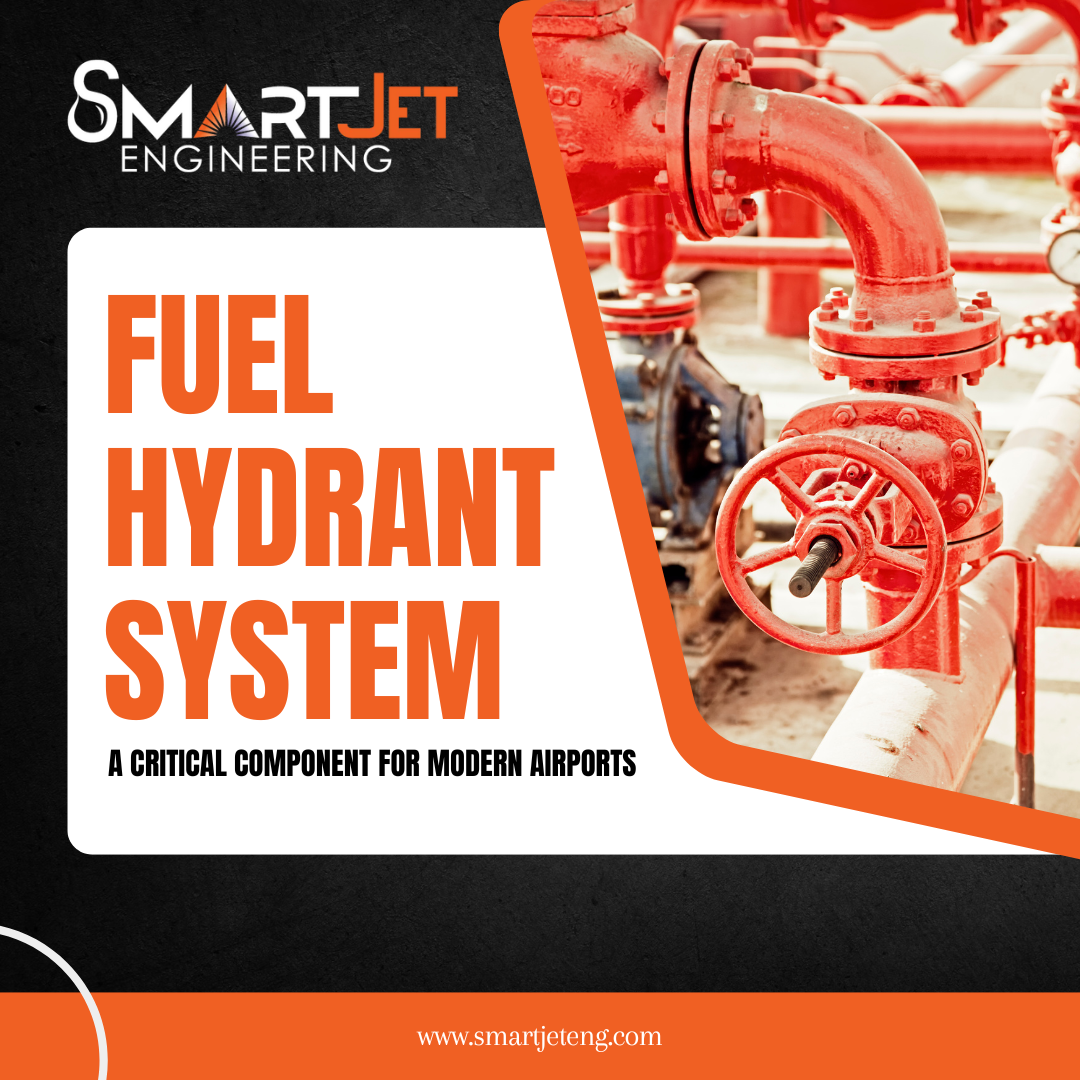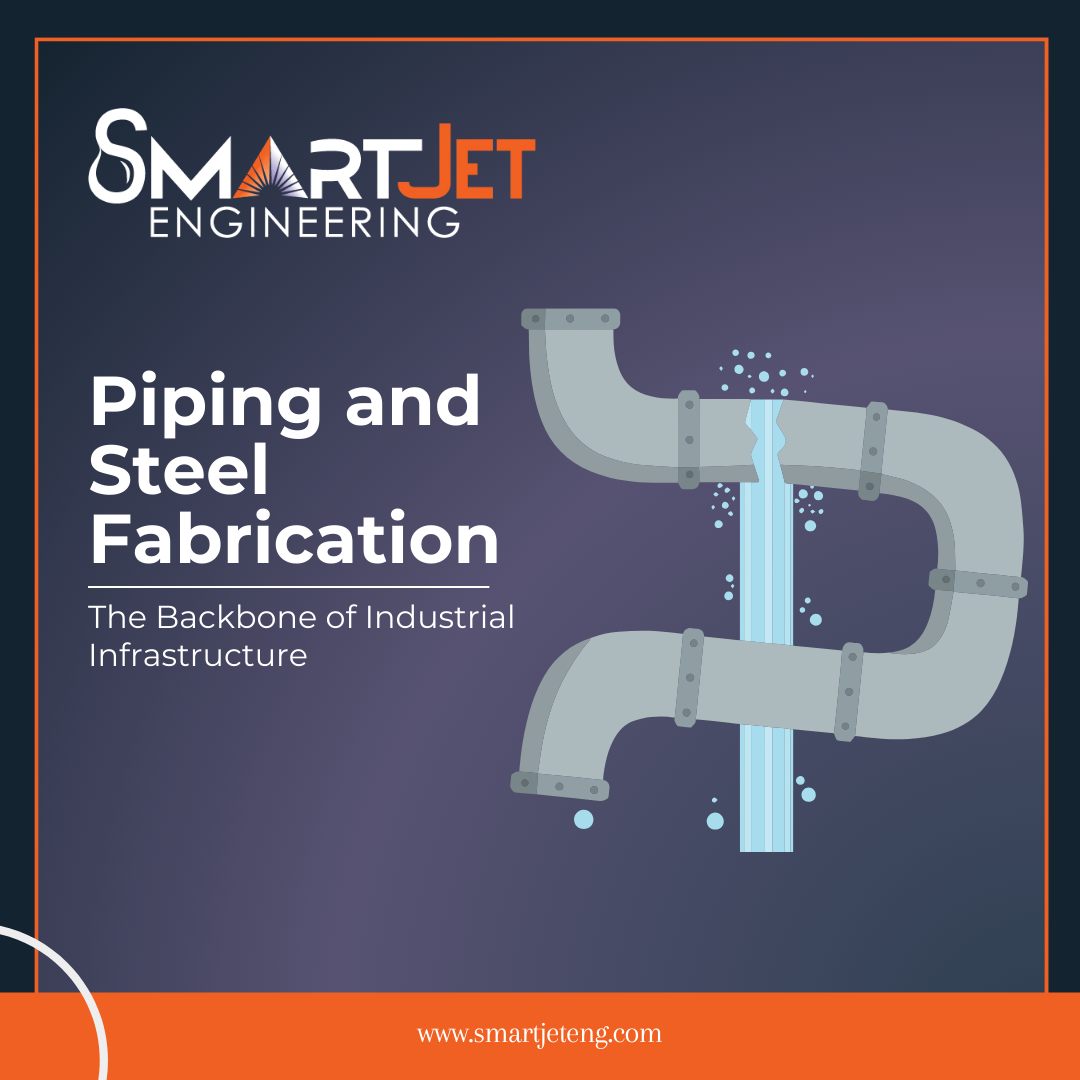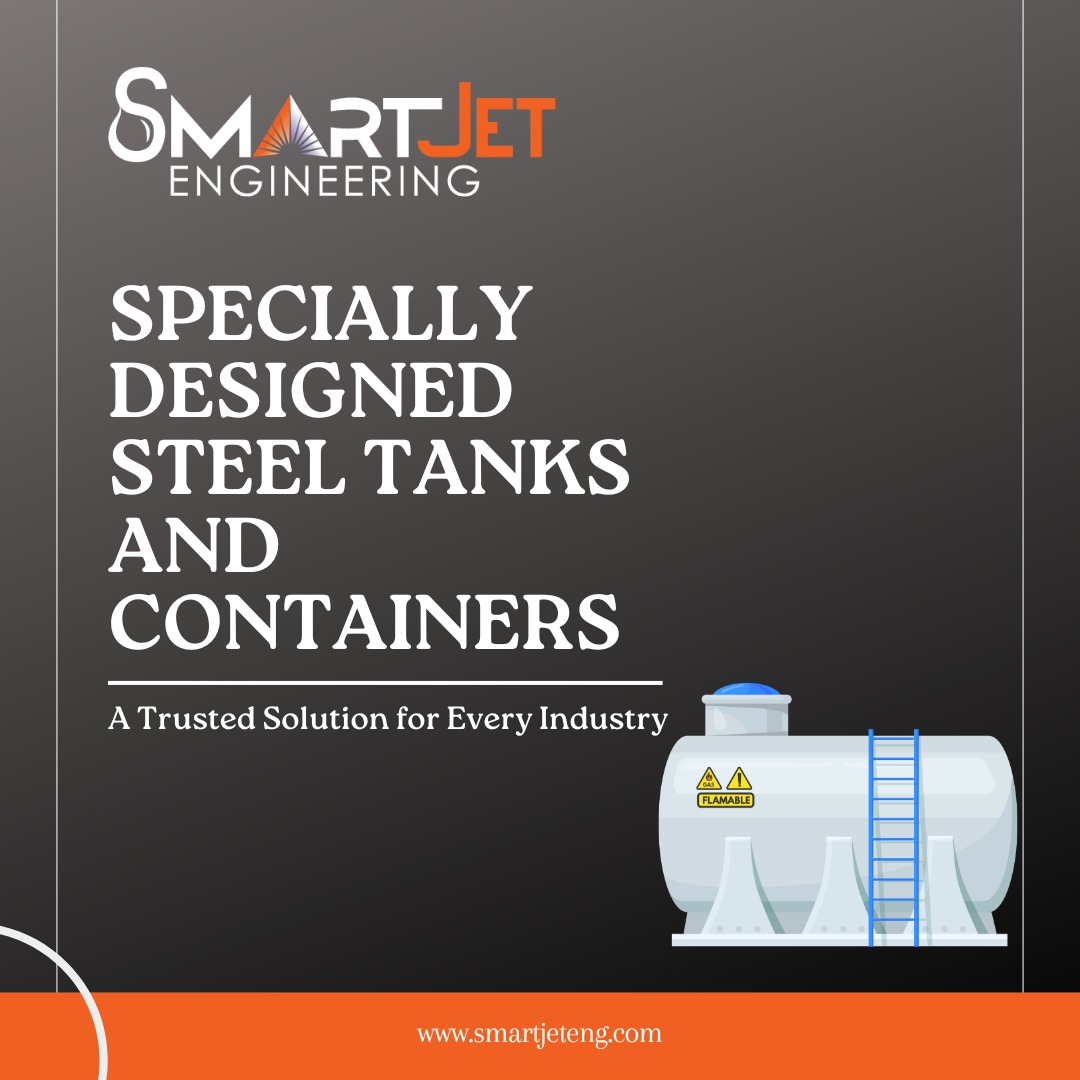Aviation Fuel Trailers
By - Admin
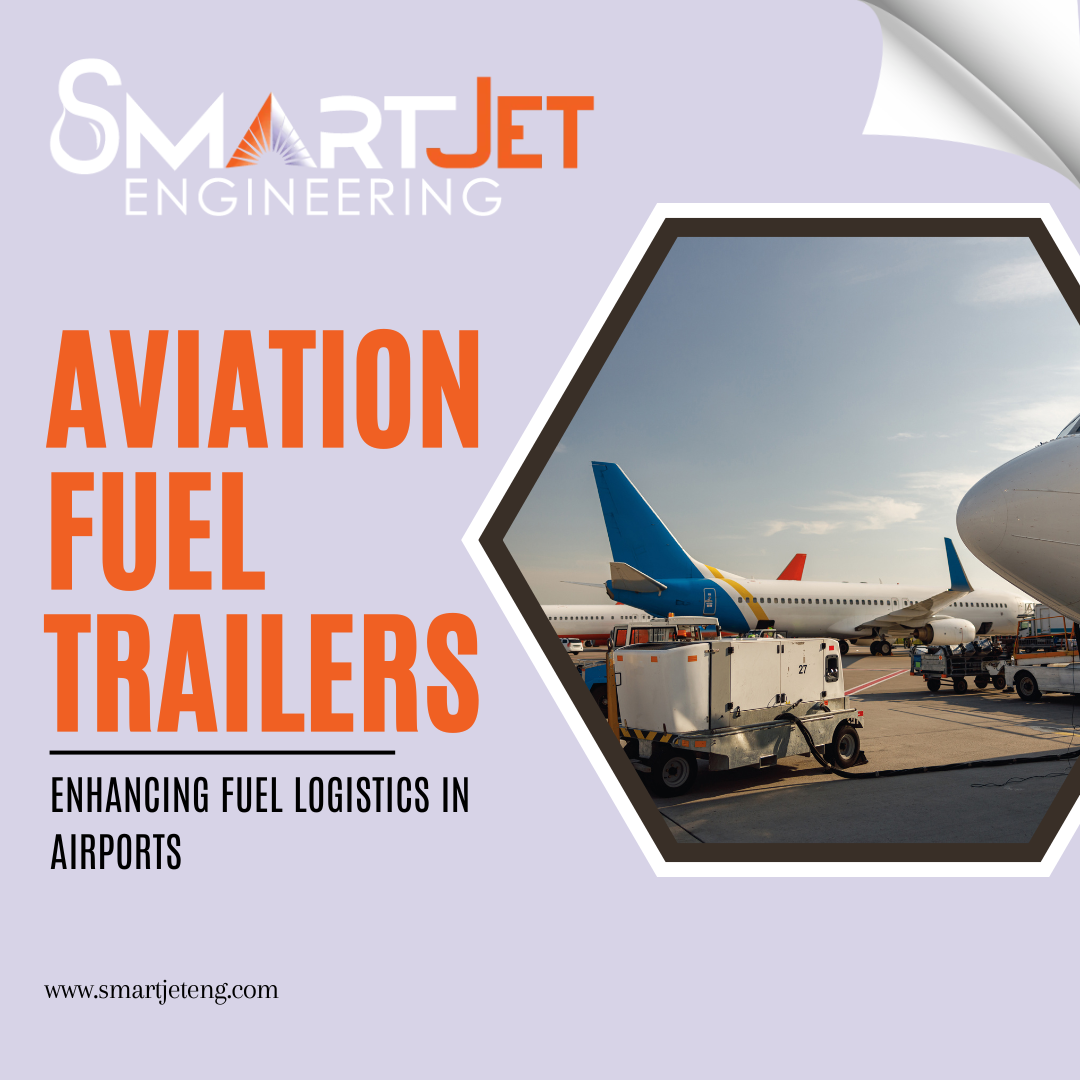
Aviation Fuel Trailers: Enhancing Fuel Logistics in Airports
Aviation fuel trailers play a crucial role in the efficient and safe transportation of jet fuel and aviation gasoline (avgas) within airport premises and aviation facilities worldwide. As the demand for air travel continues to grow, the need for reliable and innovative equipment like aviation fuel trailers becomes increasingly paramount.
What are Aviation Fuel Trailers?
Aviation fuel trailers are specialized vehicles designed to store, transport, and dispense jet fuel and avgas. These trailers are equipped with features that ensure the safe handling and delivery of fuel to aircraft, contributing to the smooth operations of airports and aviation service providers.
Types of Aviation Fuel Trailers
There are two primary types of aviation fuel trailers:
- Jet Fuel Trailers: These trailers are specifically designed to handle and transport jet fuel, which is the most common type of fuel used in commercial and military aircraft.
- Avgas Trailers: Used for transporting aviation gasoline (avgas), primarily used in piston-engine aircraft.
Key Features of Aviation Fuel Trailers
Aviation fuel trailers come in various sizes and capacities, ranging from small units for regional airports to large trailers used in major international hubs. They are constructed with durable materials and equipped with safety features such as:
- High-quality pumps and hoses
- Leak detection systems
- Fire suppression mechanisms
The mobility and portability of these trailers allow for flexible fuel distribution across different areas of an airport.
Benefits of Using Aviation Fuel Trailers
The adoption of aviation fuel trailers offers several advantages:
- Efficient Fuel Transportation: Enables quick and safe refueling operations for aircraft, reducing downtime and improving operational efficiency.
- Cost-Effectiveness: Reduces the need for fixed fueling infrastructure, making it a more economical option for airports of varying sizes.
- Versatility in Airport Operations: Can be deployed in remote or temporary locations, supporting emergency refueling or during peak traffic periods.
Considerations When Choosing an Aviation Fuel Trailer
When selecting an aviation fuel trailer, it's essential to consider:
- Compliance with Regulations: Ensure the trailer meets relevant safety and environmental standards set by aviation authorities.
- Durability and Maintenance: Opt for trailers built with robust materials and features that simplify maintenance routines.
- Ease of Use: User-friendly interfaces and operational controls enhance safety and efficiency during fueling operations.
Maintenance and Safety Protocols
Regular inspection and maintenance are critical for the safe operation of aviation fuel trailers. Manufacturers provide guidelines for:
- Routine checks of pumps, valves, and hoses
- Periodic testing of safety systems
Proper handling and storage practices also contribute to the longevity of the equipment and the safety of personnel.
Innovations in Aviation Fuel Trailer Technology
Modern aviation fuel trailers incorporate advanced technologies such as:
- Automated fueling systems: Streamline refueling processes and enhance accuracy.
- IoT integration: Enables real-time monitoring of fuel levels, pressures, and safety features.
These innovations improve operational efficiency and contribute to environmental sustainability by minimizing fuel wastage and emissions.
Applications of Aviation Fuel Trailers
Aviation fuel trailers are used across various sectors:
- Commercial Airports: Facilitate large-scale refueling operations for passenger and cargo aircraft.
- Private Aviation Facilities: Support general aviation services, including refueling for private jets and helicopters.
Market Trends and Outlook
The global market for aviation fuel trailers is witnessing steady growth due to increasing air traffic and infrastructure development. Future developments may focus on:
- Enhanced safety features
- Integration with renewable energy sources
As the aviation industry evolves, the demand for innovative fuel logistics solutions will continue to drive advancements in aviation fuel trailer technology.
Conclusion
Aviation fuel trailers are indispensable assets in the aviation industry, offering efficient and safe solutions for fuel transportation within airport environments. With ongoing technological advancements and a growing emphasis on sustainability, these trailers play a vital role in supporting the expanding needs of the air transport sector.
FAQ’s
Q.1 How do Aviation Fuel Trailers ensure safety?
Aviation fuel trailers incorporate multiple safety features such as leak detection systems, fire suppression mechanisms, and compliance with stringent regulatory standards.
Q.2 What are the typical capacities of these trailers?
Capacities vary widely, ranging from smaller trailers with capacities around 1,000 gallons to larger units capable of holding 10,000 gallons or more.
Q.3 Are there specific regulations for transporting aviation fuel?
Yes, aviation fuel transportation is subject to strict regulations governing equipment design, operational procedures, and environmental protection.
Q.4 How often should maintenance be conducted on an Aviation Fuel Trailer?
Maintenance should be conducted according to manufacturer guidelines, typically involving regular inspections and testing of critical components.
Q.5 What are the advancements in fuel trailer technology?
Recent advancements include automated fueling systems, IoT integration for real-time monitoring, and materials designed for enhanced durability and safety.



